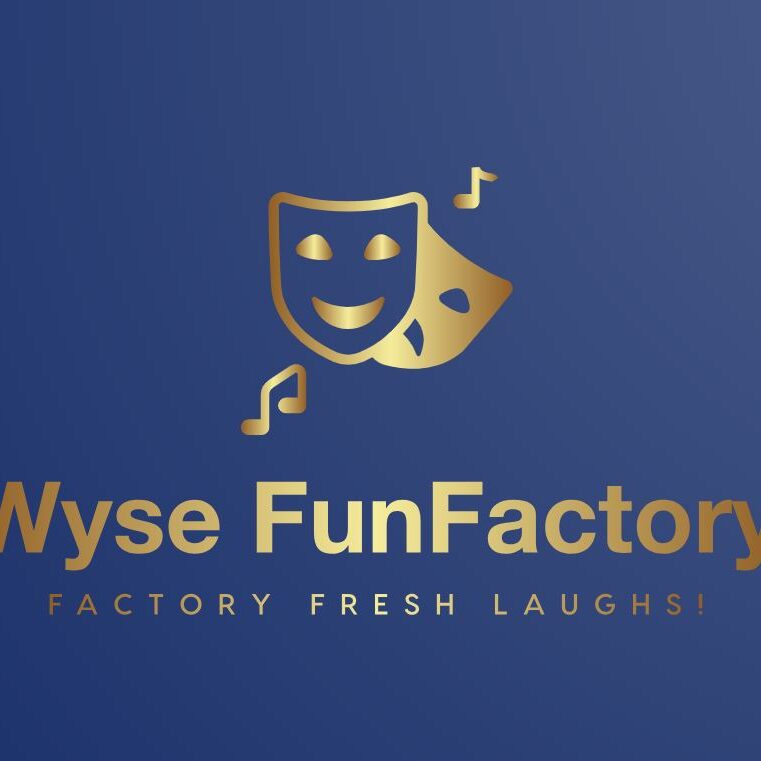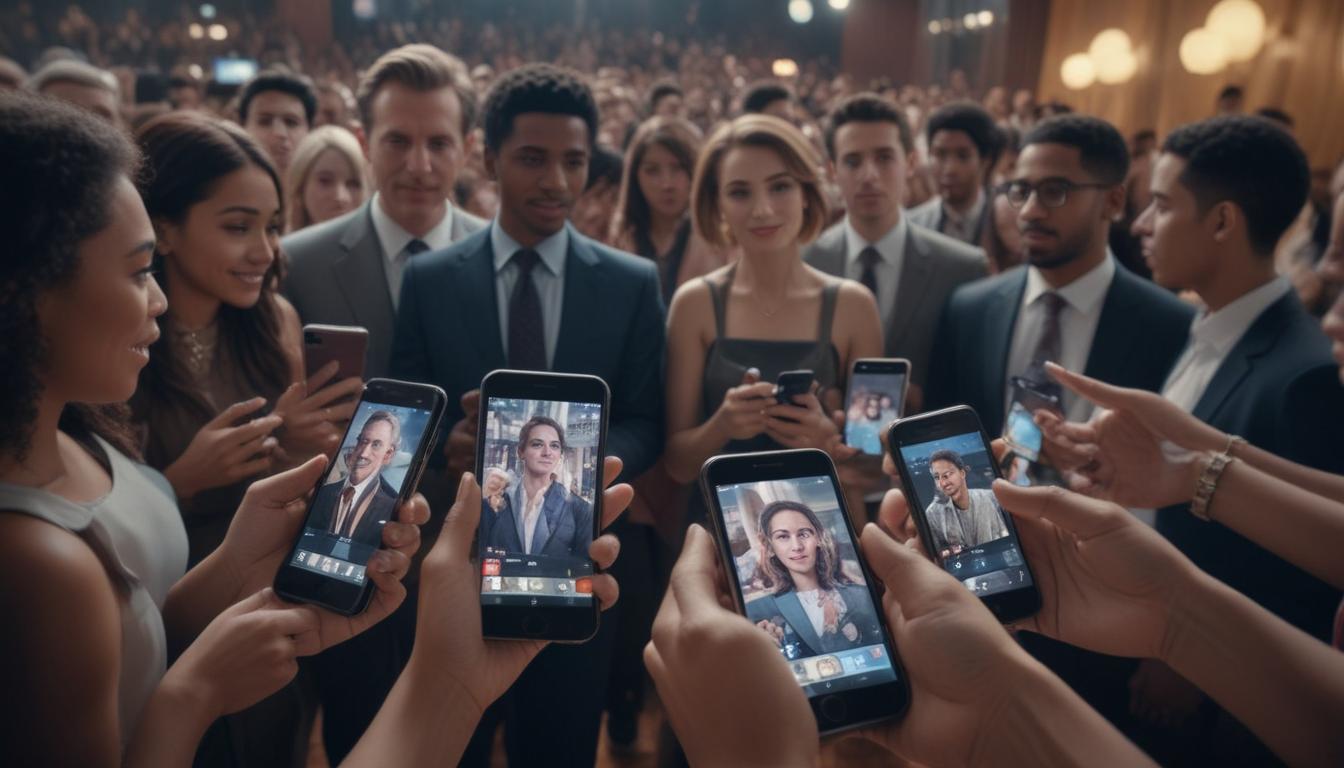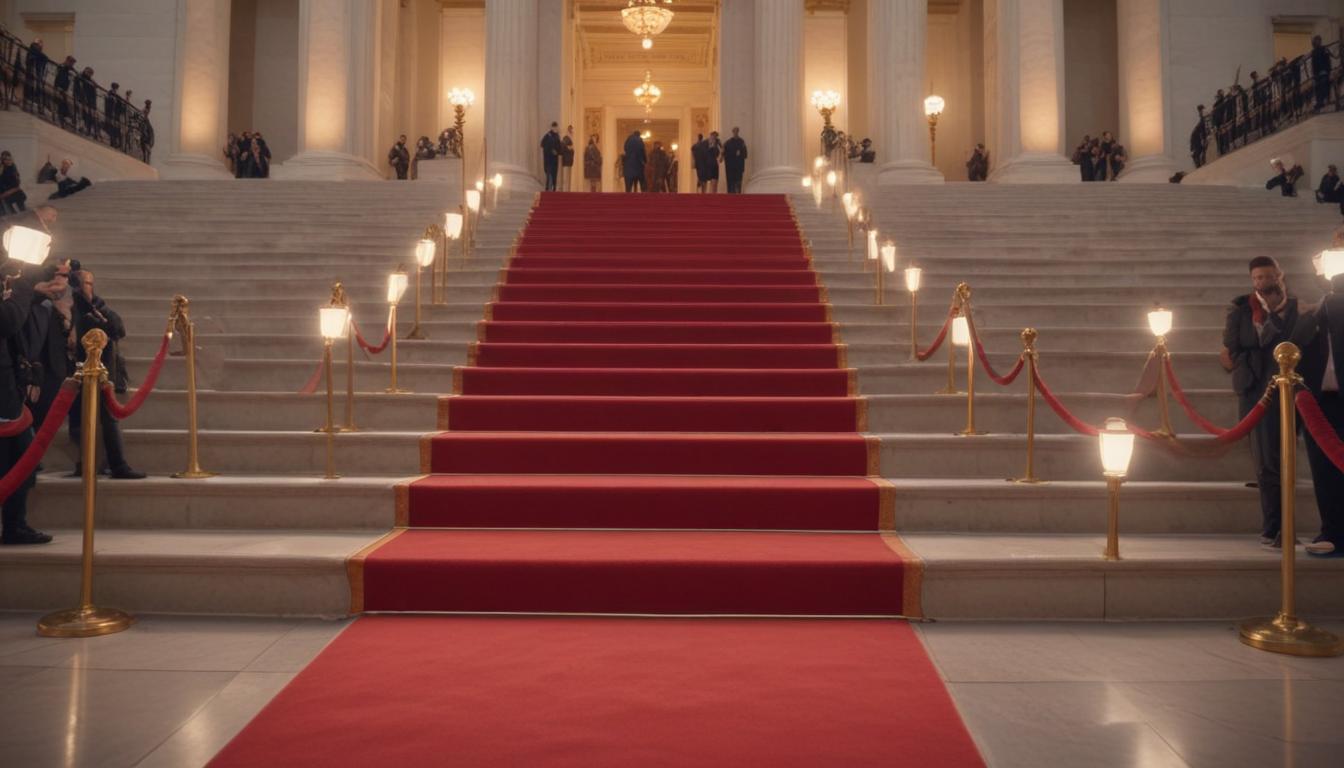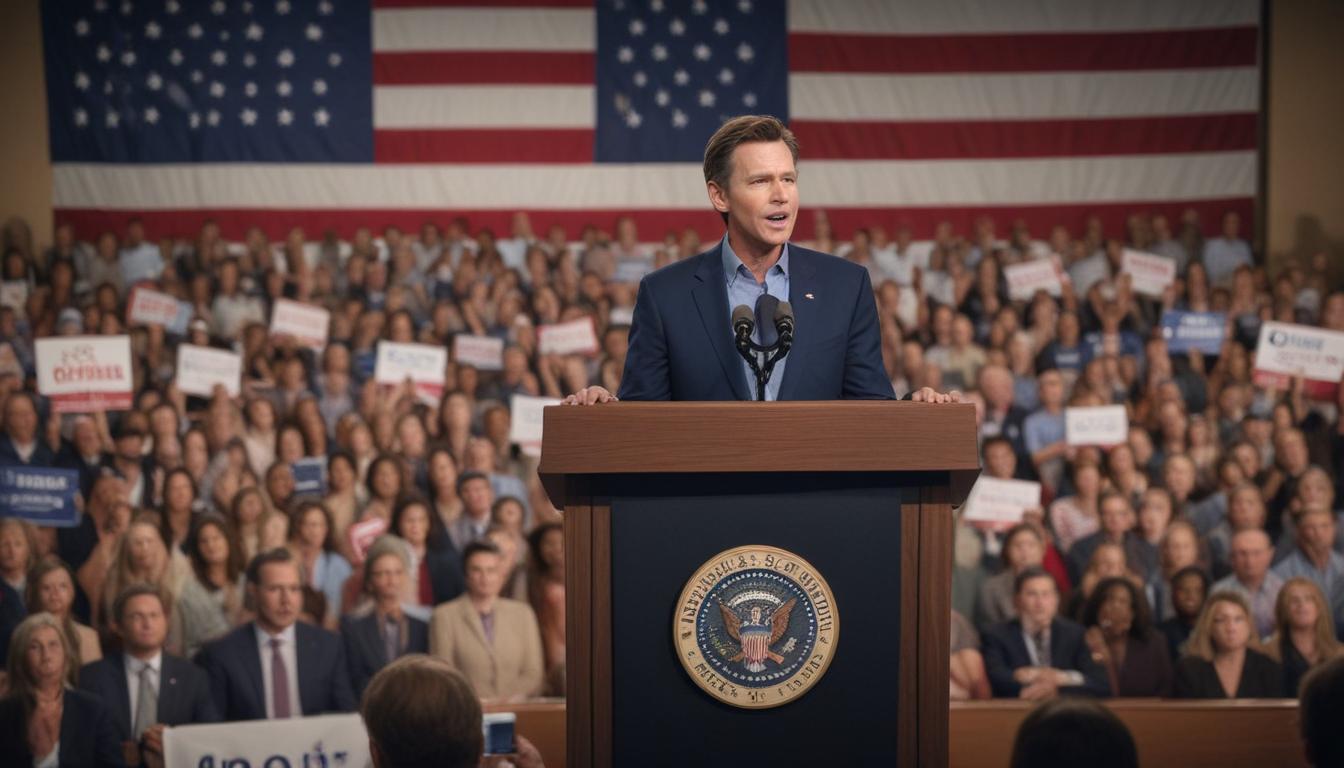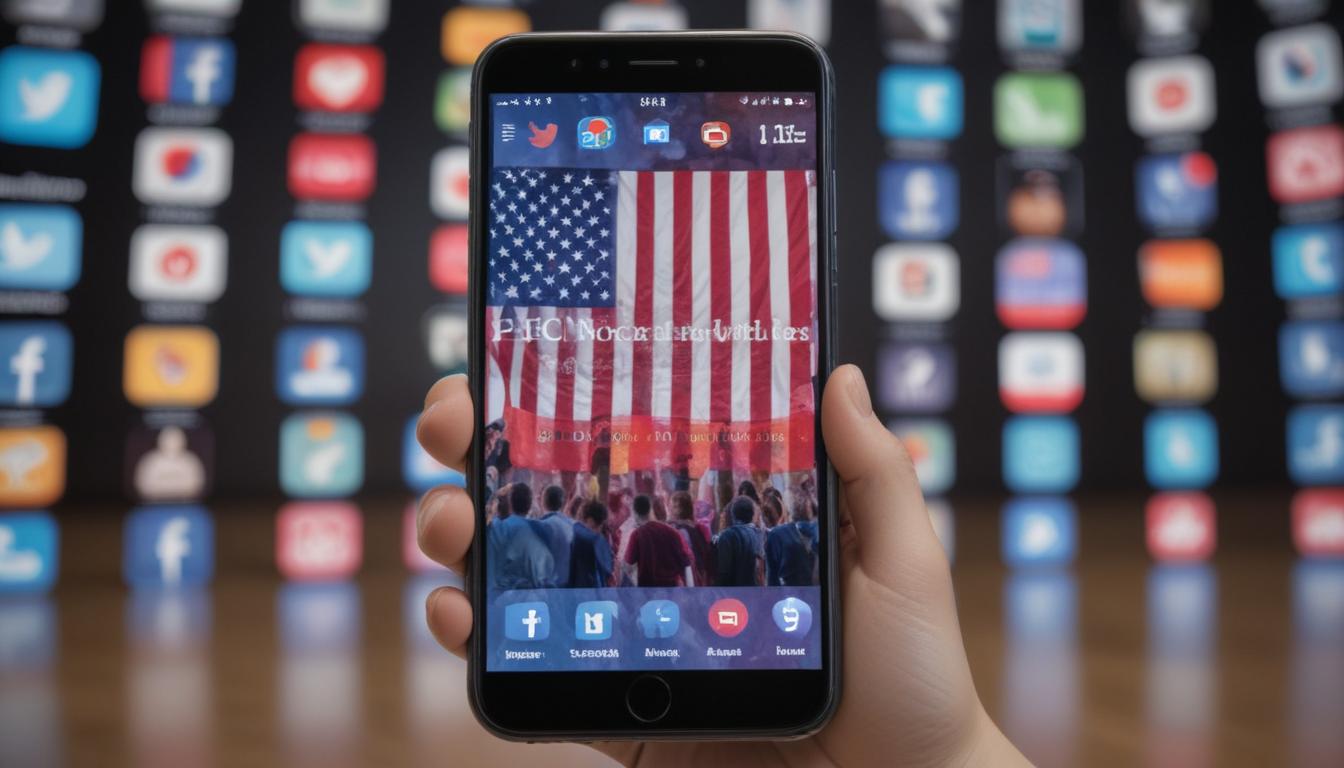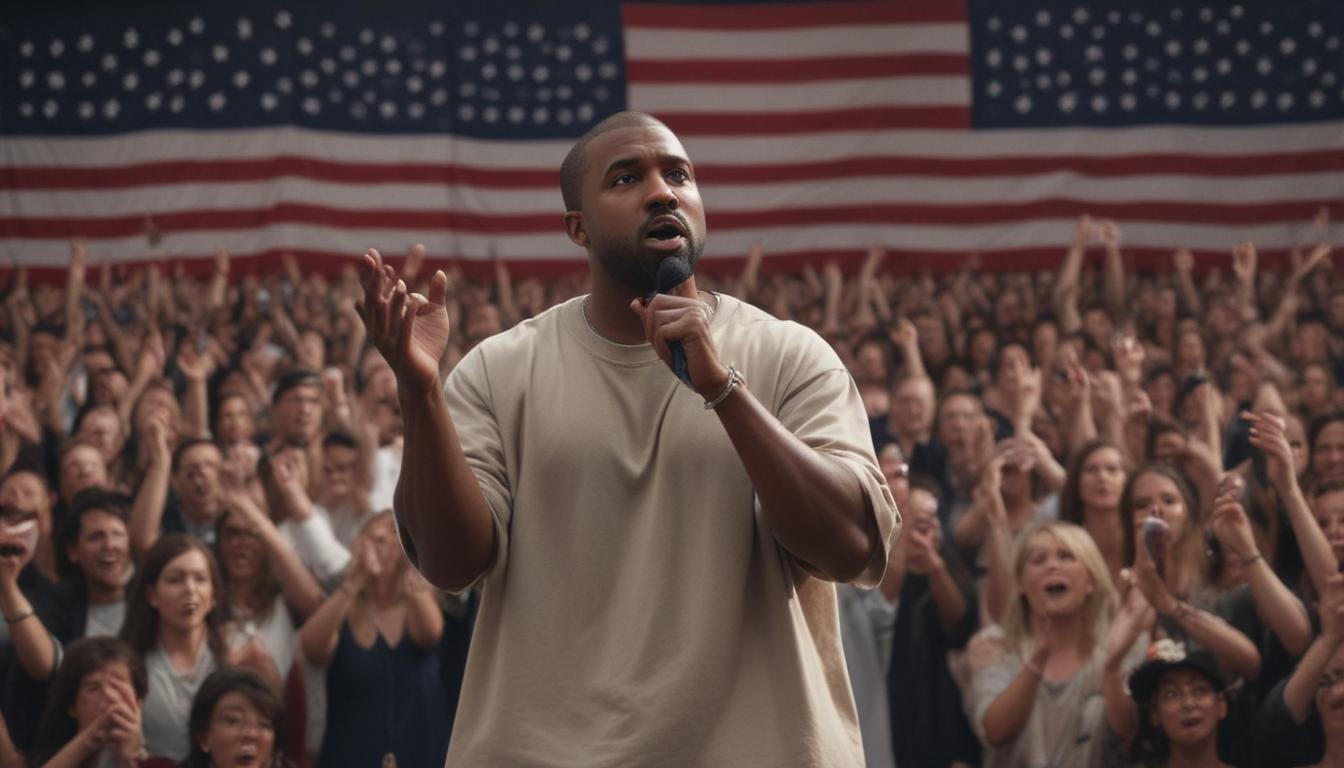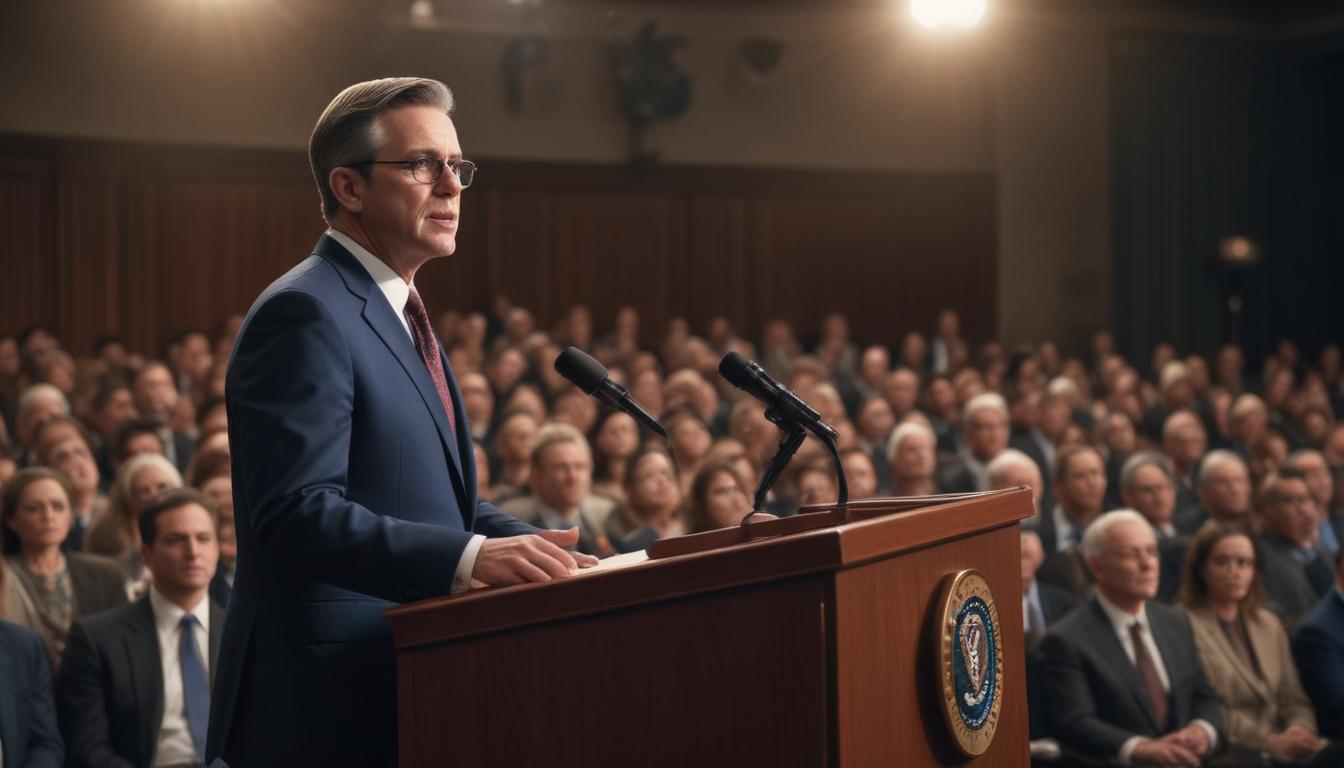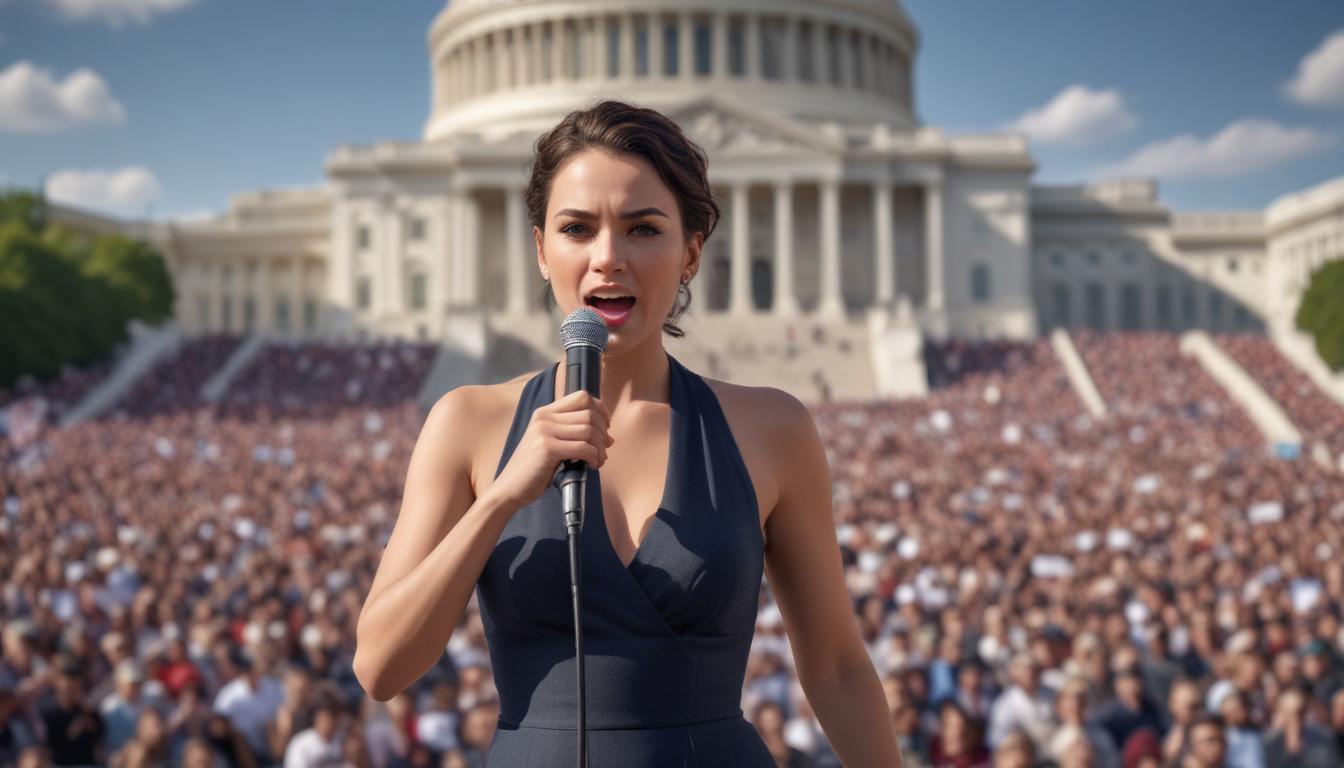The Impact of Social Media on Political and Entertainment Discourse
Introduction
Social media has revolutionized the way we engage with entertainment and politics, becoming a critical space where conversations, advocacy, and challenges converge. From celebrities’ involvement in political causes to politicians directly connecting with their audiences, platforms like Instagram, Twitter, and Facebook are the modern battlegrounds of ideas and influence. This article delves into the profound effects of social media, showcasing its capacity to transform discourse, build communities, and amplify voices—while examining the controversies and challenges it brings to the table.
The Rise of Celebrity Involvement
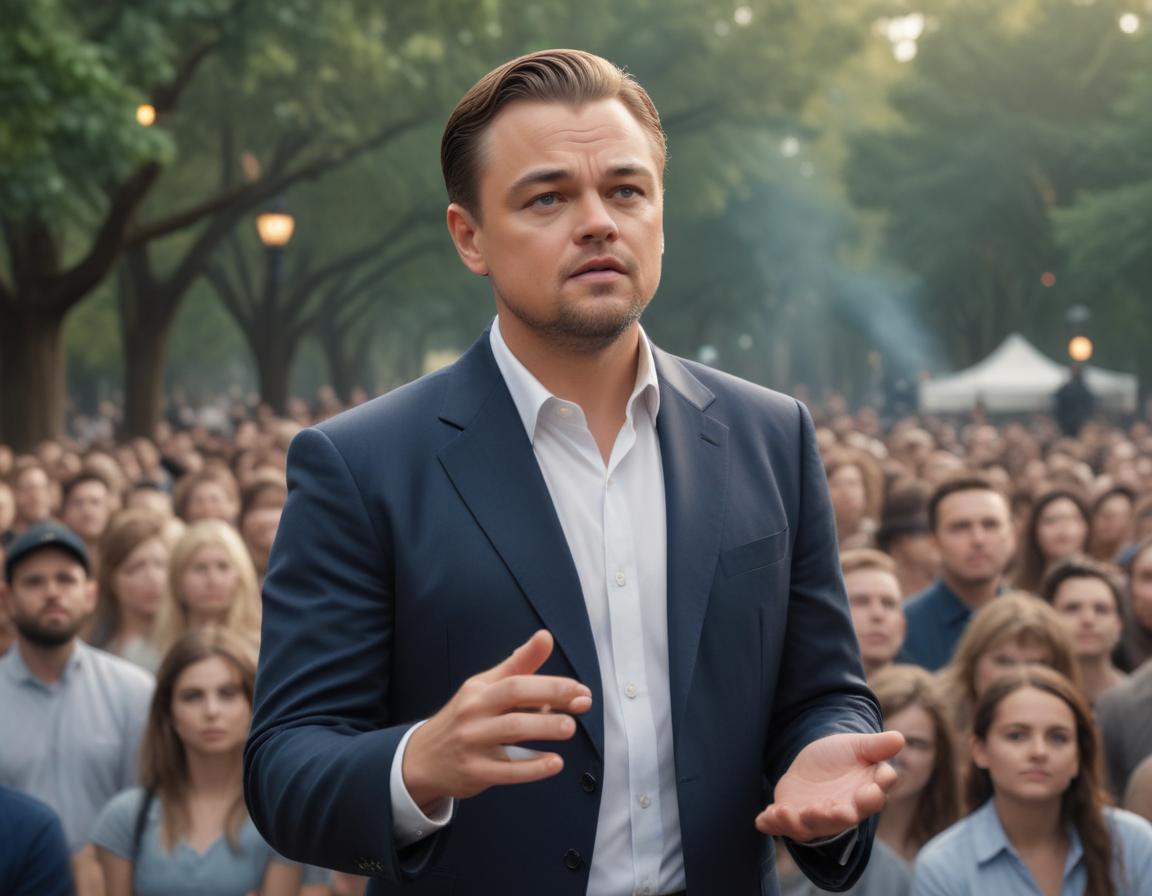
Celebrities have long utilized their influence to impact political and social change, but social media has taken their visibility to unprecedented levels. This surge has allowed individuals like Taylor Swift, Dwayne “The Rock” Johnson, and Leonardo DiCaprio to not only share their personal beliefs but also create campaigns that resonate globally. Imagine a Hollywood actor talking about deforestation while instantly reaching millions.
The advantage here is unparalleled advocacy power: social media facilitates immediate connections between public figures and fans, narrowing the gap and enabling shared passions. Yet, there’s a line between inspiration and skepticism—celebrity engagement can sometimes face criticism for becoming performative or lacking depth in policy understanding.
Considerations like authenticity and expertise play a key role in sustaining trust. These prominent voices have become more than entertainers; they lead conversations on climate action, voting rights, and criminal justice reform. Regardless of their industries, celebrities wield a voice of activism, offering NGOs and grassroots organizations leverage to underscore societal concerns.
Political Campaigns and Social Media
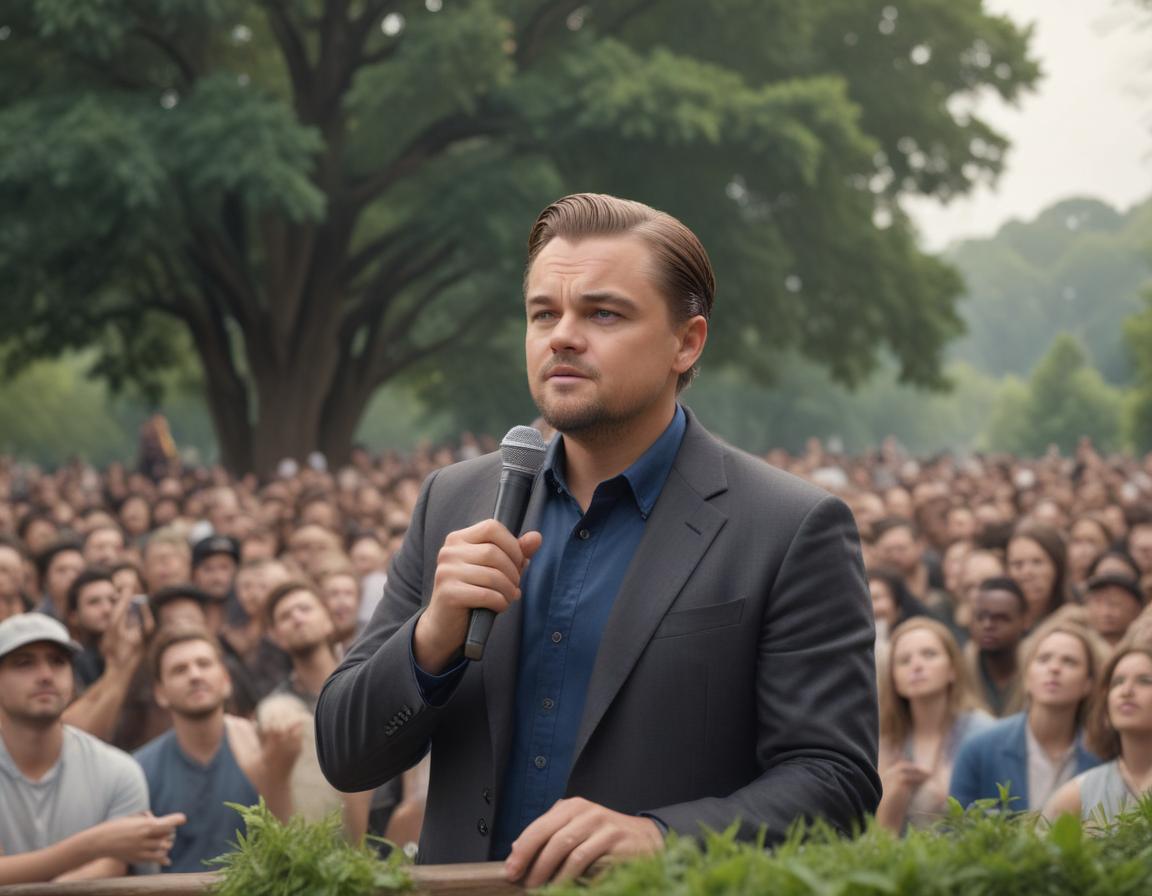
For politicians, social media is a game-changer. It has revolutionized campaign strategies and provided a new avenue to connect with younger demographics. Platforms like Twitter and Instagram allow politicians to speak directly with constituents and make immediate announcements. Alexandria Ocasio-Cortez (AOC), for example, utilizes live-streaming to create meaningful, relatable dialogue with followers. These virtual “fireside chats” lend a sense of authenticity that traditional press releases or public speeches often lack.
Moreover, social media tools provide a level playing field for lesser-known candidates to build momentum, reach audiences organically, and influence voters without needing millions in advertising dollars. Think of it as the modern version of town halls, where engagement goes beyond a single location, spanning across digital communities.
Of course, challenges exist as well. The spread of misinformation, polarizing rhetoric, and the excess of “performative” politics often create barriers to genuine dialogue. But, when used wisely, social media enhances democracy by amplifying underrepresented voices and providing transparency. It’s all about creating balance and emphasizing accuracy over noise.
Challenges of Social Media Influence
While social media has undeniable benefits in shaping political and entertainment discourse, it also brings notable challenges. Chief among these is the rapid spread of misinformation. A single post, regardless of accuracy, can go viral in minutes, swaying opinions and sparking debates based on false premises.
Another issue is the danger of echo chambers, where algorithms provide users with content that aligns with their beliefs, reinforcing biases instead of offering diverse perspectives. This can polarize individuals and communities, making productive dialogue more difficult.
Additionally, the fine line between freedom of speech and harmful content is often debated. How do platforms handle controversial posts without crossing into censorship? Striking a balance here is key to keeping social media both a source of free expression and a space for factual, respectful discourse.
Conclusion
Social media’s impact on political and entertainment discourse is undeniable. It has created opportunities for advocacy and conversation while simultaneously introducing risks associated with misinformation and public polarization. As the line between entertainment and politics increasingly blurs in the digital age, there’s a critical need for thoughtful communication and fact-checking.
By understanding its dual power—to unite and divide—we can better utilize social media to positively influence society while avoiding its pitfalls.
Are you ready to start thinking critically about the social media content you consume? Join the conversation by sharing your thoughts in the comments below!
“`
